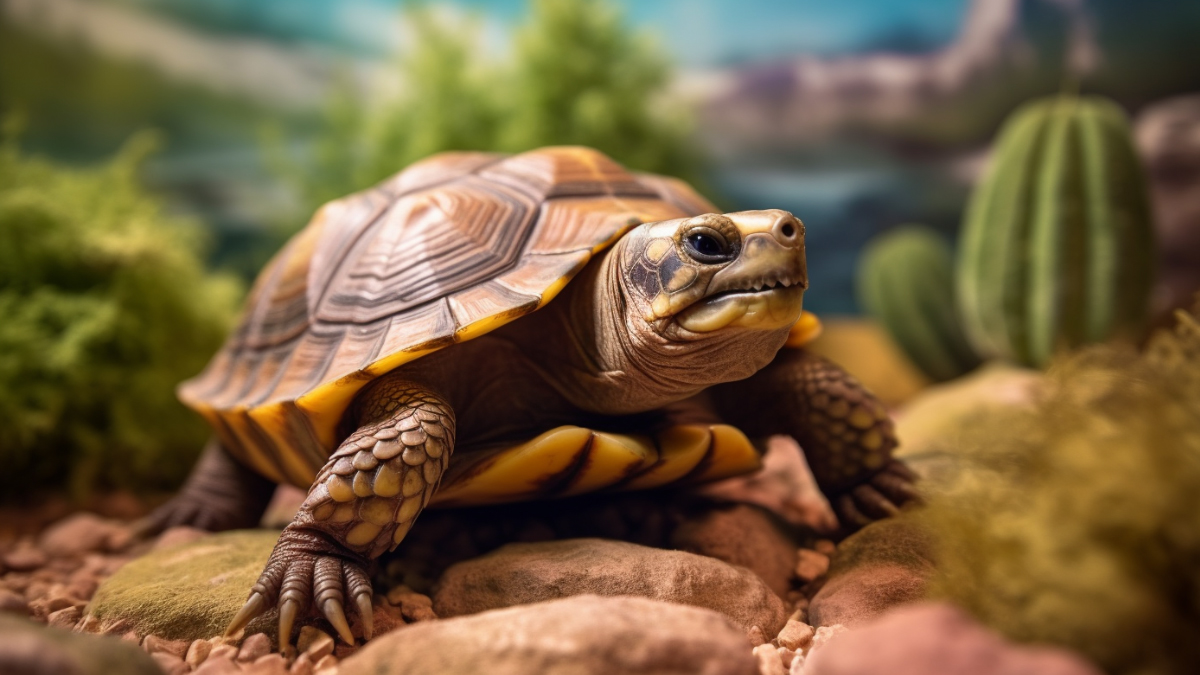15 Fun Facts About Tortoises That You Will Enjoy
Tortoises are enigmatic creatures, having a lifespan of almost double that of humans. They have lived on Earth for 200 Million Years! Their existence on this planet has resulted in them having unique qualities that you might not know of.
Did you know that temperature determines a tortoise offspring’s gender? Yes, you heard it right. If the eggs of a tortoise are incubated at a warmer temperature (30-32°C), female tortoises are born. Whereas, cooler temperatures (26-28°C) can result in male hatchlings. Anything between the specified temperatures can result in hatchlings from both genders.
We have got more fun facts about these intriguing reptiles. Continue reading to discover 15 fun facts about tortoises! Do let us know which one turns out to be a source of amazement for you.
Fun Facts About Tortoises: What Are Those?
Contents
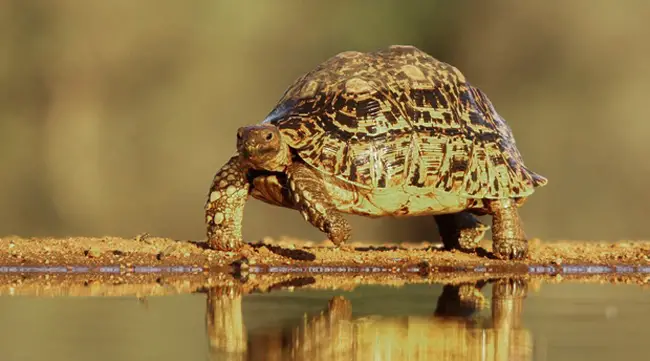
Check out these 15 facts about these majestic reptiles. Get amazed as you surf through this list.
1. A Group Of Tortoises Are Termed As ‘Creep’
Tortoises, in general, are known to be solitary animals, and their moving in flocks is a rare sighting. But whenever they do move in a group, they are often termed as a ‘herd’ or a ‘creep.’ We certainly do not know why someone would be creeped out of a group of cute tortoises that are entirely harmless.
2. Tortoises Are Older Than Your Grandpa.
Not being disrespectful, but yes, a tortoise can live way longer or at least double your grandfather. Tortoises have been said to have a lifespan of more than 100 years and may live up to 200 years as well.
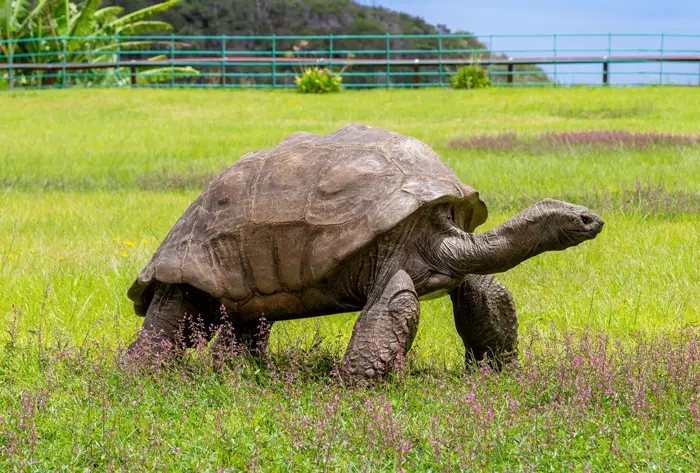
The lifespan of a tortoise depends entirely on its diet and the species it comes from. The world’s longest-living tortoise was Adwaita, an Aldabra tortoise. He lived all the way up to 255 years.
3. Ancient Roman Military Was Inspired By Tortoises
The Roman Army used tortoises as an inspiration for their defenses and movement. They would create formations using their shields that would protect their soldier just as a tortoise’s shell protects it.
4. Tortoises And Turtles
Tortoises and Turtles may come from the same group of animals, but they are still a bit different. They have slightly different body structures and have different habitats. Most importantly, both of them have other eating habits as well.
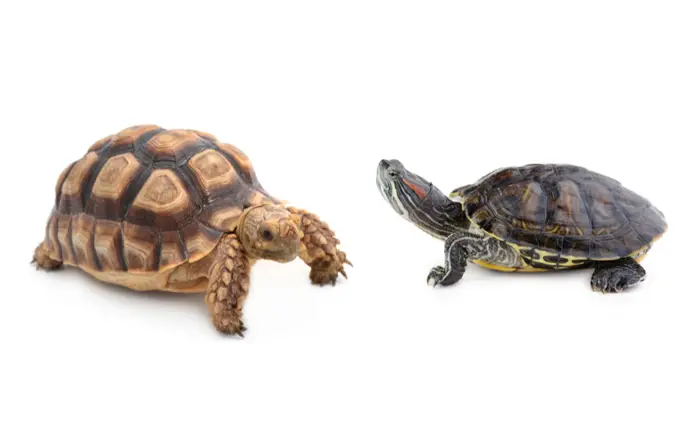
5. They Are An Ancient Species
According to Fossil analysis, it is believed that Tortoises have been around in the world for the past 200 Million years during the Triassic period. Over the years, they have evolved and inherited the form they have today.
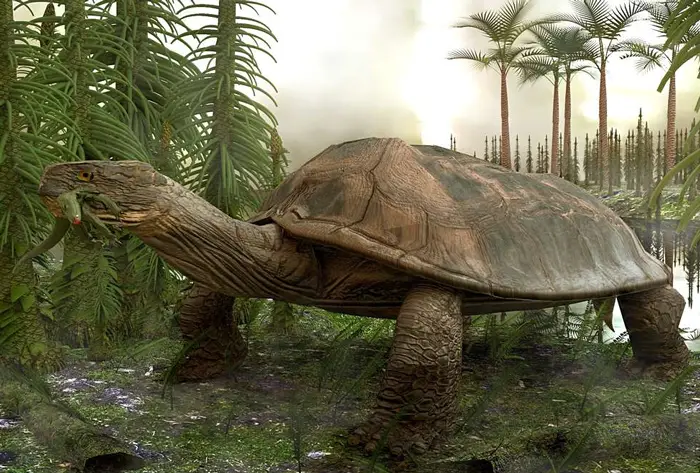
6. Tortoises Are Not Aquatic
Unlike turtles, tortoises cannot swim and live in aquatic conditions. This is mainly because they lack the webbed feet that turtles have and the streamlined shells. However, tortoises can hold their breath for up to half an hour.
7. They Are Teethless
Tortoises do not have teeth like most other animals but can still chew on food. They have beaks that allow them to chew and soften food, just like birds.
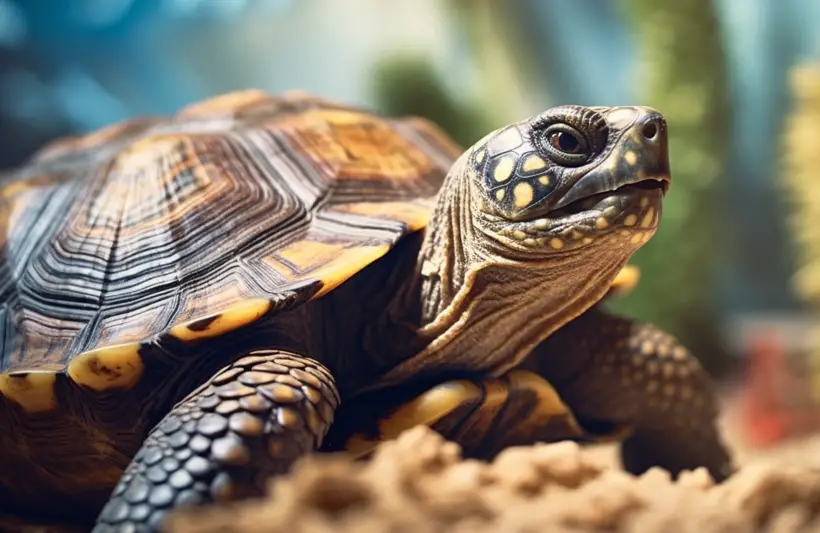
8. Tortoises Have More Than One Skeleton
Humans have one skeletal system, but tortoises have two. Other than the exoskeleton they have in the form of their shell, they also contain other bones inside that act as their spinal cord and help to support their limbs.
9. The Tortoise’s Armour Contains 60 Bones
The shell of a tortoise contains 60 bones. These bones help to reinforce the shell and protect the tortoise from any external injury.
10. Their Throats Help Them Smell
A very unusual fact, but yes, tortoises use their throats to smell just like other reptiles. They pull in the air through the mouth until it reaches their sensory organs.
11. They Can Sense Touch Through The Shell
Tortoise shells contain multiple veins in them, as the shell is a part of a tortoise’s body. These veins allow the tortoise to feel touch and make their shell sensitive. This only gives you more reason to rub your tortoise’s back.
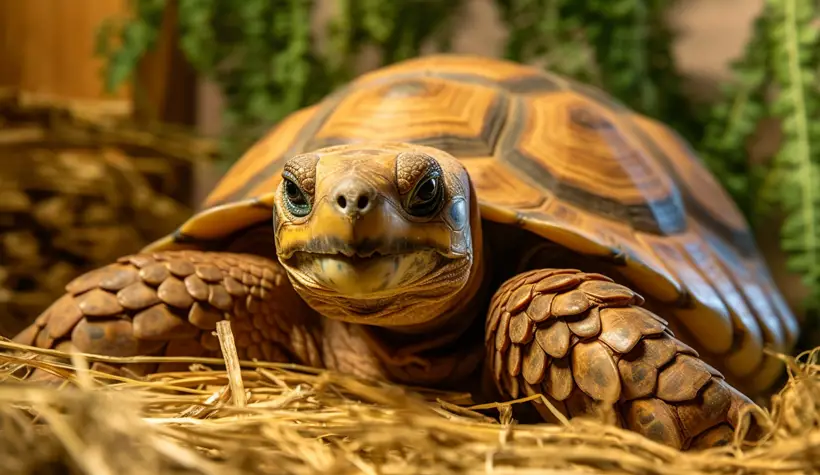
12. Their Shell Color Can Tell You About Its Habitat
The color of a tortoise’s shell and the patterns on it can help you understand more about where it has lived in the past. A dark-colored tortoise has probably had a habitat with a lot of direct sunlight, and a light-colored shell suggests a habitat that has the opposite conditions.
13. They Are Slow But Smart
Tortoises might be slow compared to most living creatures, but they are certainly quite smart. They are smart enough to solve day-to-day tasks such as finding food and shelter. They can also remember locations and are able to traverse their environment effectively.
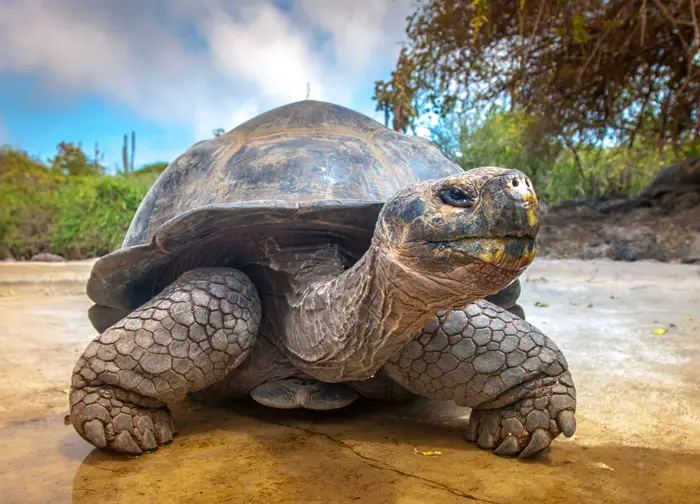
14. Tortoises Can Breathe Through Their Butts
A few species of aquatic tortoises, such as the Mary River Tortoise, can breathe through their butts. They have evolved themselves to excrete, reproduce, and breathe through the same opening. This also makes it easy for them to extract oxygen from water while they are submerged. Sadly, these species of tortoises are now endangered.
15. They Do Not Have Ears But They Can Still Hear
Tortoises have an internal hearing system, unlike other animals. Their internal ear structure allows them to sense vibrations and other sounds around them. Their hearing isn’t as sharp as other animals who have external ears, but it still serves the purpose.
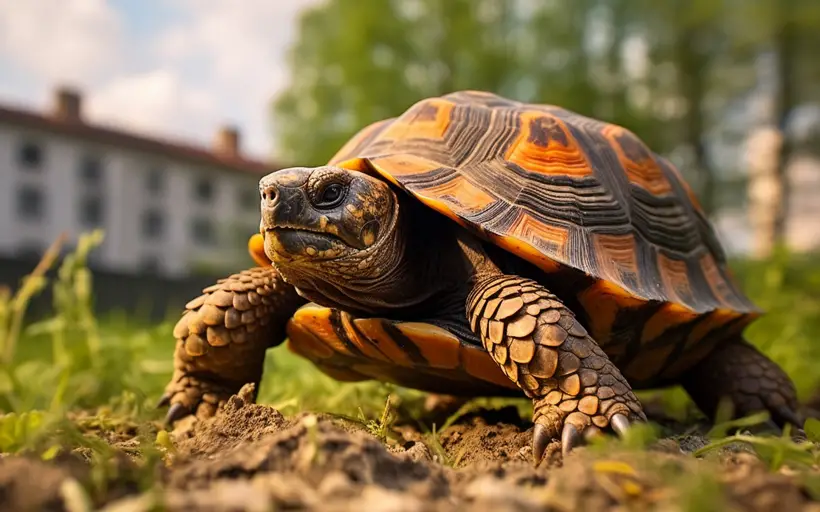
Conclusion
We bet you might have heard about a few of these facts if you are really fond of these shellbacks. Tortoises contain more than what is visible to the eyes. They are fascinating creatures who have always bewildered scientists and researchers with their remarkable longevity, unique adaptations, and intriguing behaviors.
Years of evolution have rendered them with unique capabilities that most living creatures do not possess. From outliving humans to breathing through their butts. We hope these insightful facts really helped to put forward a completely new perspective of tortoises.

